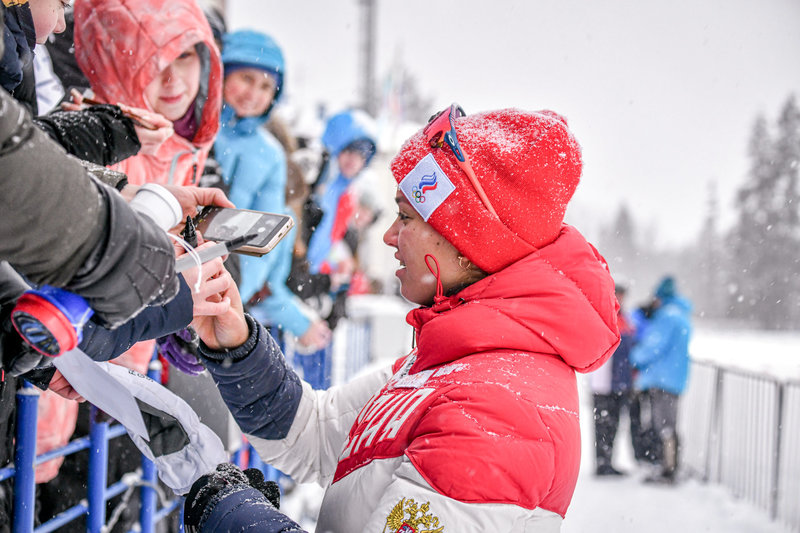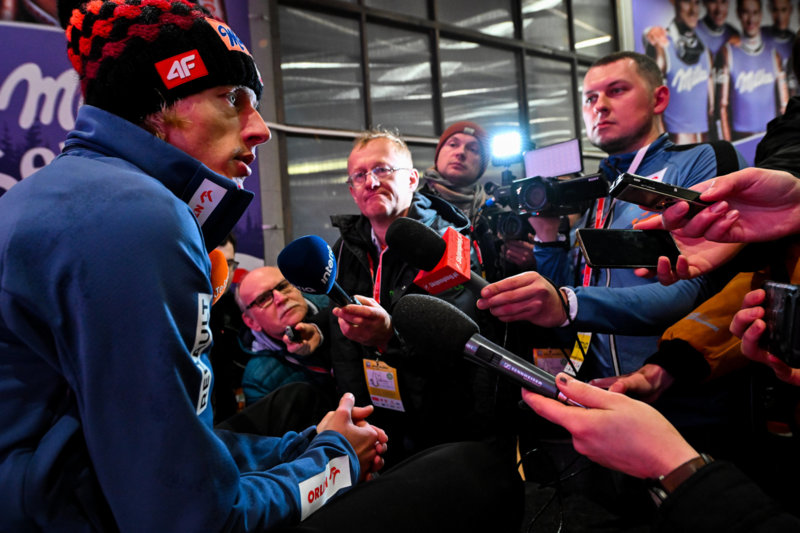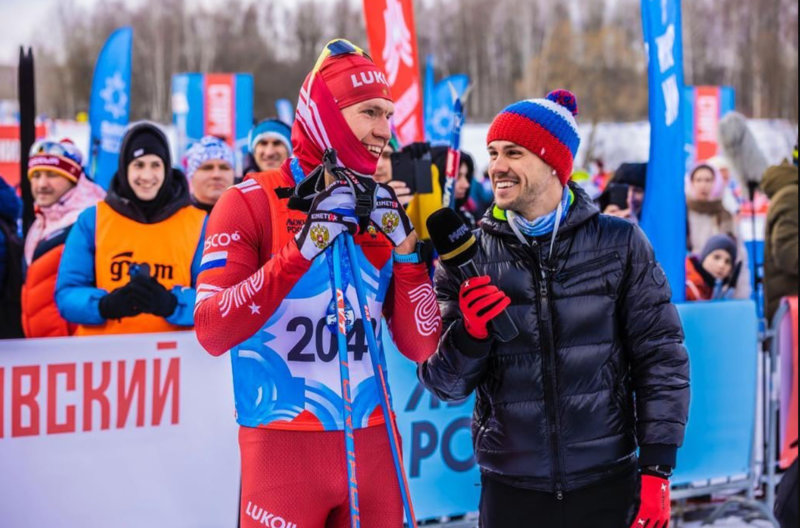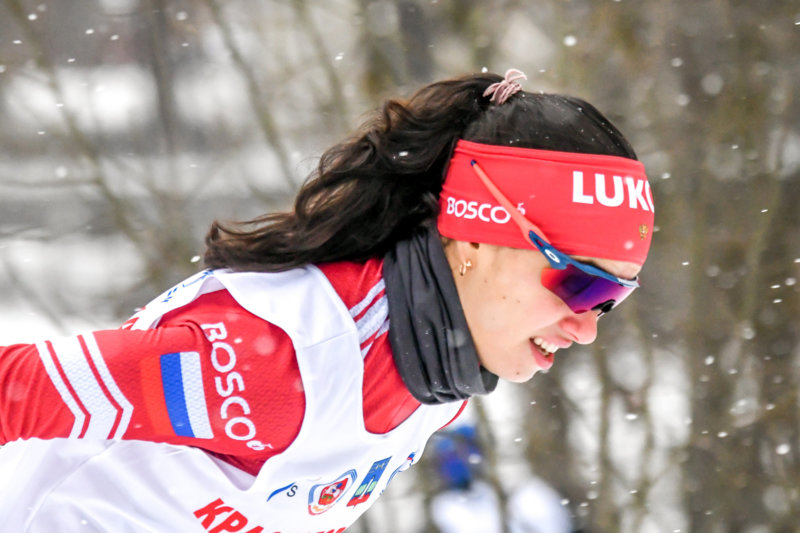Journalists write about athletes. I see no reason not to write about journalists.
In the two years since I won the Junior World Championship, I have met dozens of representatives of this profession and their work. And often, I don’t like the level of what I see.
Professional sports journalism is stuck in the 20th century. Both our domestic and western. There is a difference in the formats, but the approach is outdated here and there.
My main question to representatives of the profession: why and for whom do you write (more on TV people below)?
In the pre-internet world, before social media, you were the only “eyes and ears” on the ground, and then you were read by millions. And now? Any blogger can deliver the news faster than you. And transmit. And if this blogger also knows a little about this sport, then he (has) written much more interestingly. In any case, for a narrow circle of fans of this sport. Even if I just want to widen this circle.
Inside ? For insiders, it is necessary to be “entry”, gain the trust and respect of athletes for a long time – at least in skiing, I do not know such insiders. I heard that there are in other sports more promoted – there is a “close journalist” and a source of information (about sponsors or rivals, for example) and something like a psychologist, and sometimes a courier – to take inventory instead of a broken one, for example. Such relationships are built over years – but, again, not with us, not in our sport.
From now on, if a skier decides to share something internally, out of the ordinary, she has social networks for that. Most of us have tens or even hundreds of thousands of followers. Why should I give inside information to a random correspondent?
And long interviews about everything at once – a favorite genre for writer-journalists? The other day, a well-known skier told me during lunch that she had spent half a day correcting her own interview: the journalist changed what she was saying, added turns of speech, words that she just doesn’t use. Why? He alone knows. I quote the skier: “All the text was finally in my red amendments.”
It is unlikely that she will agree with this journalist in the future to communicate.
But that’s not the point. I just can’t understand – who reads such long sheets? Who, apart from a few acquaintances, is interested in what and when the race I won at 14? Or what’s my favorite color and what’s my cat’s name?! Almost nobody !
For some time now, in each communication with the written press, I have made a prerequisite: show me the listening statistics later. By the way, Norwegians and Swedes easily agree and do not forget to send these figures later. Based on the results, I decide whether I should spend time on that particular medium in the future or not.
As for national sports journalists, such a requirement does not inspire them. I suspect the statistics there are sad. How can it be otherwise when the questions are the same as above and the popularity of the journalist himself is limited to a few thousand subscribers on social networks?
And now the question is: why should I or other athletes waste time with such journalists, if you can share your thoughts, your knowledge, your feelings on Telegram? I have understood for a long time that information is a commodity. Why do I need intermediaries in “sales”?
Maybe journalists are just close to us in spirit, they understand our job from the inside?
Exactly, there are!
For example, Andrei Romanov is a master of sports in cross-country skiing. Ilya Trifanov was part of the country’s junior biathlon team. These guys don’t need it explained to them that the “fast day” is not the one where you don’t go to the canteen, but the one where there is only one practice, not two or three.
But it’s not even that the guys from know and understand cross-country skiing. The most important thing is that they try to turn each report into a mini-show and they succeed! See how Romanov films racing or training episodes with GoPro! But he could have stood at the finish line and mumbled, “Well, how’s the race today?”
I once saw a television report about ski racing in the last century, there is a television correspondent in a sheepskin coat and a fur hat and asks skiers questions immediately after the race. Perhaps then such efficiency looked cool, and this report was watched by millions of people. But now such a TV correspondent would probably be kicked out for incompetence and laziness.
Now it takes a lot more movement to look interesting! And to close the subject: I had to appear in the reports of Norwegian and Swedish television. Everyone works in the same vein – they entertain the audience in every way possible. “” in this sense is both trending and level. And fellow writers – lagging behind, like a Latin American skier of Russian women in a marathon.
…I’ve been writing this column for a long time, adding and deleting examples, smoothing over some pretty harsh assessments. I don’t want to humiliate anyone. My main task, my goal, my dream is to make a particular ski sport gain popularity among as many people as possible. By all legal means. This requires full interaction between the athlete and the media, the main result of which will only be the growth of this popularity.
Interviews at the finish line or at press conferences yield absolutely nothing – for the broad masses, we were anonymous, and we remain so. Example? I was recently waiting for luggage when I arrived in Sheremetyevo with one of our super skiers. The fact that people around me don’t recognize me is normal, I really haven’t achieved anything yet. But the fact that people do not recognize him by sight, do not notice him, do not crowd with admiration, do not ask for autographs – this is the problem of all ski races. If Dziuba was in his place, they would definitely know.
We have a very small circle of fans and serious advertisers don’t care about us. This is what needs to change – and journalists can work with us on this. Keep your interests. Search, imagine such questions, so that the audience is really interested, and I would like to answer them.
And not “How did you run today”? That’s how it went – I chose the words for you!
Source : MatchTV
I am Sandra Jackson, a journalist and content creator with extensive experience in the news industry. I have been working in the news media for over five years. During this time, I have worked as an author and editor at various outlets producing high-quality content that attracts readers from different demographics.






